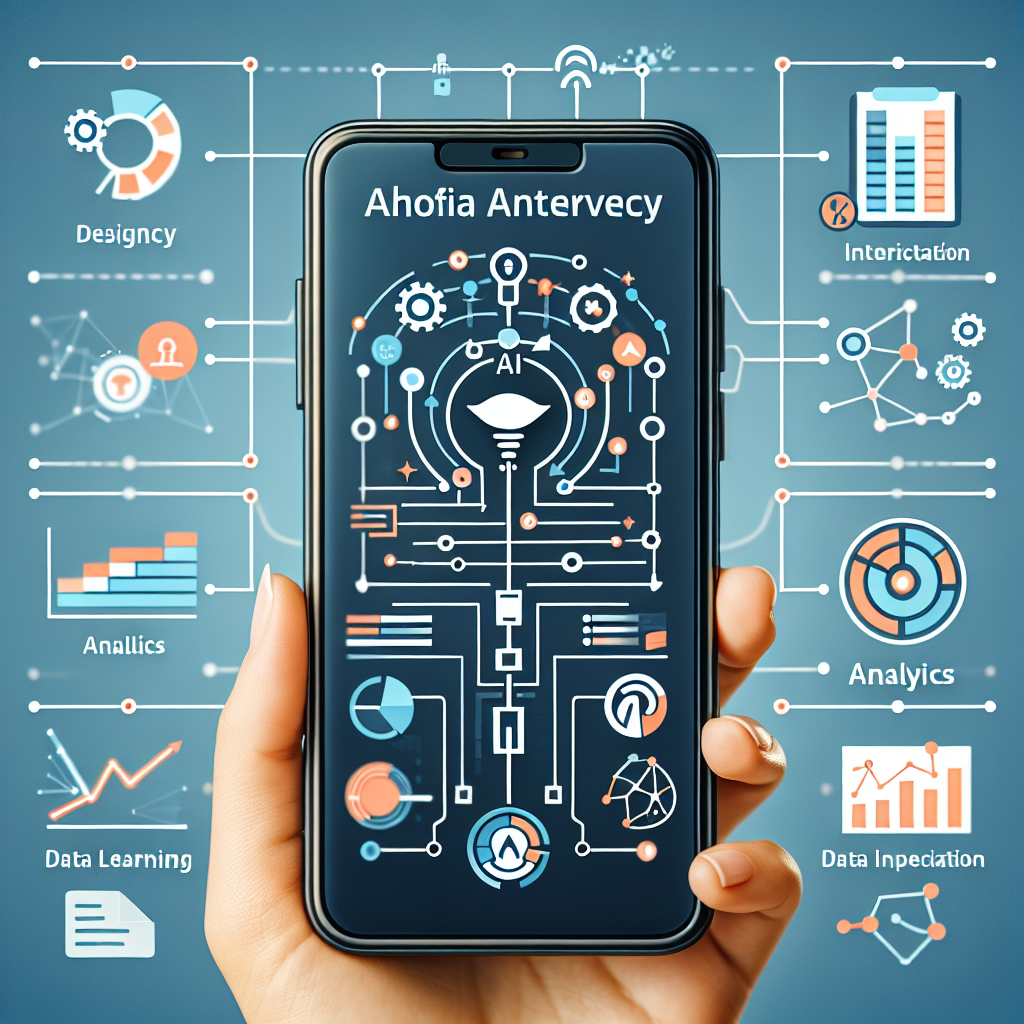
In these times of rapidly developing technology, it's almost impossible to ignore the significant impact Artificial Intelligence has made on numerous industries, including the arena of phone surveys. Gone are the days when phone surveys solely relied on the manual efforts of human agents dialing numbers, asking questions, and trying to interpret responses. New AI-driven approaches have given a fresh perspective to this traditional methodology, fundamentally altering how businesses conduct market research.

One may wonder exactly what these AI technologies are. Explicitly in the context of phone surveys, these comprise tools and software that leverage machine learning, natural language processing, and other advanced AI techniques. Consequently, they possess the ability to handle tasks as diverse as automated outbound calls, recognition and understanding of human speech, dynamic survey design, and automated sentiment analysis. To clarify, these capabilities don't merely mechanize the process but increase efficiency, reduce error margins, provide unprecedented customization, and offer rich, actionable insights.
Transitioning from manual to AI-driven phone surveys also includes a paradigm shift from interaction steadied on preset, rigid questionnaires to dialogues that are dynamic and adaptive. AI-driven conversation design employs dynamic question routing, allowing the conversation flow to be guided by the respondent's individual answers. Dynamic routing isn't merely a technological advancement but a targeted approach, which greatly enhances survey experience, encouraging higher response rates and more trustworthy data.
It's crucial to emphasize, however; that while AI has indeed revolutionized phone surveys for the better, it's not a replacement for human touch. Rather, it's a tool to enhance the roles of researchers, taking over repetitive mechanical tasks and freeing them to focus on data interpretation and strategic decision making.
In sum, the application of AI in Phone Survey Design and Analysis signifies an evolution, relentlessly propelling it towards higher efficiency and more accurate results. As businesses continue to appreciate the potential of this technology, it's safe to say that AI's role in market research and survey systems will only grow more prominent.
The advancements in Artificial Intelligence (AI) have prompted significant changes in how phone surveys are designed and analysed. It's revolutionizing the process by automating a significant portion while increasing the depth and accuracy of analysis. Key technologies that enable AI for data-driven phone survey design and analysis include Natural Language Processing (NLP), Speech Recognition, and Machine Learning algorithms.
Natural Language Processing (NLP) is a subfield of AI that focuses on the interaction between computers and human language. It allows the technology to understand the semantics, syntax and sentiment of spoken or written text. Thus, NLP enables the AI to generate appropriate phone survey questions and comprehend responses, greatly enhancing the speed and relevance of the survey. This technology is used in real-time during a live phone survey, boosting its efficiency.
Speech Recognition, on the other hand, is designed to translate spoken language into written text. This AI technology is essential during phone surveys to transcribe respondents' feedback for further analysis. This ensures that every detail is captured, even those that are sometimes missed or misinterpreted by humans.
Focusing on continuous learning and improvement, Machine Learning algorithms are employed in the process. These algorithms learn independently from survey data patterns and improve on making sense of the data over time. It includes identifying underlying patterns and sentiment in user responses, and grouping similar responses. This way, machine learning helps to refine survey design and enhances the accuracy of analysis.
In conclusion, these key technologies are the driving force behind AI in phone survey design and analysis. By incorporating NLP, Speech Recognition, and Machine Learning, AI not only automates the process but also provides more accurate, reliable and faster outcomes.
The realm of phone surveys has been revolutionized by the advent of Artificial Intelligence (AI). With the capacity to reduce human error and handle increasing volumes of data with overall increased efficiency, AI has made significant strides in sharpening the accuracy of data captured through phone surveys.

Typically, the pitfalls of human errors in phone surveys range from misrecording numerical responses to incorrectly interpreting open-ended answers. AI, in its meticulous consistency, eliminates these concerns. For instance, AI-powered phone systems use voice analysis to accurately comprehend and record responses, removing the risk of subjective human interpretation.
Furthermore, AI exhibits its true prowess when dealing with data - both in its scale and complexity. Traditional phone surveys can be cumbersome to conduct and analyze, especially when targeting larger demographics. AI, with advanced algorithms and data processing abilities, can manage and analyze vast volumes of data efficiently. The orchestration of potentially thousands of surveys can be automated with AI, driving efficiency in cycling through calls and capturing data.
The analysis of collected data is also expedited by AI. It can identify trends, patterns, or anomalies in large sets of data rapidly - far quicker than manual human analysis. As for the communication with respondents, AI can provide a personalized touch. The AI conversational model can adapt to the respondent's language and emotional state to engage them effectively, enhancing response rate and quality.
Obviously, the integration of AI in phone survey designs and analysis is a potent tool to maximize the accuracy and efficiency of data collection in an era defined by information.
Since their inception, AI-driven phone surveys have been causing waves across multiple industries. They incorporate the best of both worlds by providing human-like interaction with automated accuracy, thus enhancing data collection and customer insights. Let's dive into a few case studies that clearly demonstrate the impact of AI in phone survey design and analysis.
Our first reel focuses on Amelia from IPsoft. Amelia works as a digital colleague, capable of learning, interacting, and improving over time, making it perfect for phone survey applications. The AI platform has been used in industries like healthcare and telecom to enhance both the survey experience and data analysis. Amelia's natural language processing allows it to understand and respond to human speech, maintaining a natural conversation flow. Consequently, surveys are less intrusive, leading to better completion rates and more accurate data collection.
The next case study is IBM Watson, an AI platform renowned for its broad range of applications, including phone surveys. Watson employs a combination of Machine Learning (ML) and natural language understanding, offering more personalised survey experiences to its respondents. Over time, as Watson continues to learn and improve, it's helping businesses, nonprofits, and government agencies alike to obtain deeper insights while keeping the respondent’s engagement high.
Lastly, Google's Contact Center AI stands out for its incredible proficiency in handling phone surveys. Capitalising on Google's expertise in AI and ML, this platform provides a realistic conversation experience for respondents, promoting their willingness to engage and provide reliable information. Moreover, Google AI's advanced data analysis capability allows for real-time insights, significantly improving the speed and efficacy of decision-making processes.
In conclusion, these case studies prove that AI has opened up new horizons in phone survey design and analysis field. Wider adoption is poised to yield higher customer satisfaction rates, better data quality, and more powerful insights.
Amidst the rapid evolution of technology, the utilization of Artificial Intelligence (AI) in phone survey design and analysis promulgates significant potential for transformation in market research and data analysis. With AI's capacity to streamline processes, improve decision-making, and open new avenues for research, it is worth exploring the future advancements in this dynamic tech-space.

The dawn of AI-powered natural language processing (NLP) in phone surveys portend a revolution in data gathering and analysis. Beyond simple voice recognition, NLP can comprehend nuances and emotions in speech, enabling more accurate understanding of the respondent's views. This not only results in high-quality nuanced data but the automated contextualization of responses expedites data interpretation, reducing the time taken for analysis.
The future could witness AI-driven adaptive survey design – a system capable of altering questionnaires based on the respondent's interaction. If the respondent seems puzzled by a question, the AI might choose to rephrase, skip, or replace it with a simpler one. This dynamic survey approach could potentially increase response rates and authenticity of data.
Drawing insights from vast datasets or determining patterns prone to human oversight, is where AI shines the brightest. AI algorithms can analyse data, gauging correlations and probable causation, thereby transforming the landscape of prognosis in market research.
On the horizon is the application of AI in Predictive Dialing which by analysing dialing patterns, attempts, and responses, could find the best times to call respondents thereby increasing the chances of successful survey completion. The integration of AI could redefine operational efficiency and output quality in market research.
Undeniably, the potential advancements in AI technologies for phone surveys are abundant. The shift towards AI is very much the present rather than a distant future, with its evolving potential likely to accelerate the transformation of market research and data analysis.
Start your free trial for My AI Front Desk today, it takes minutes to setup!








